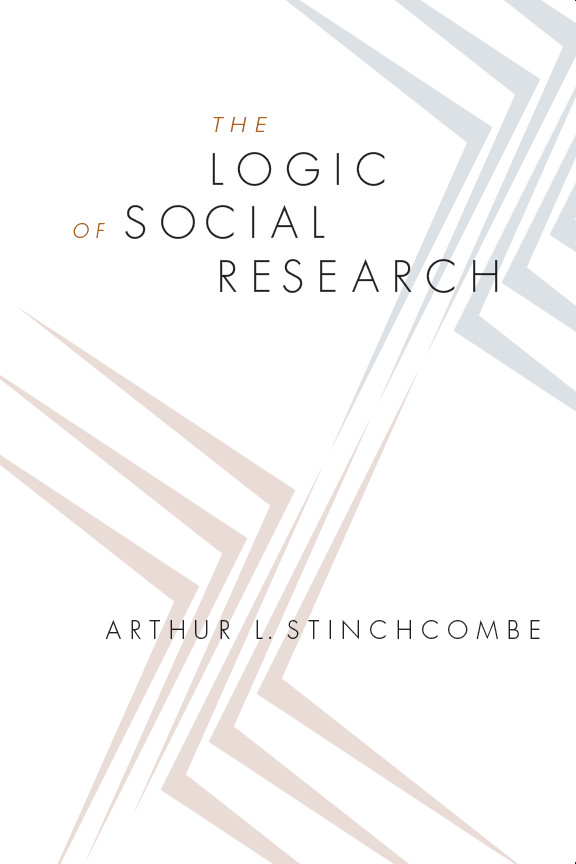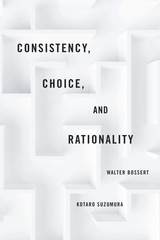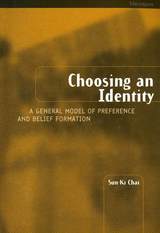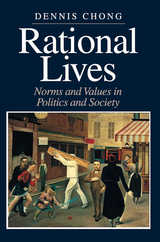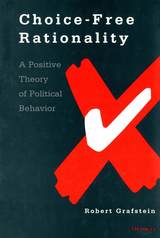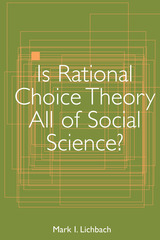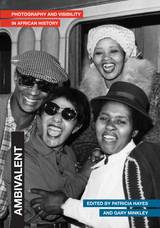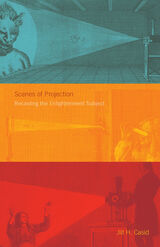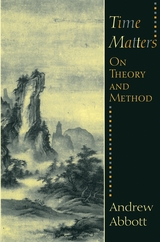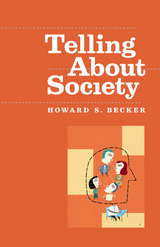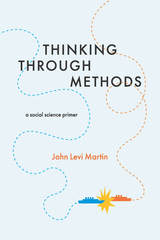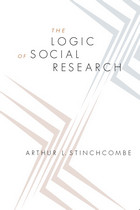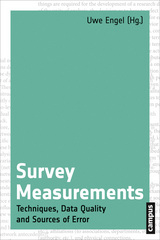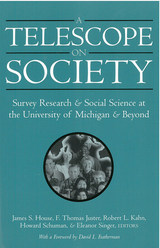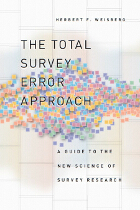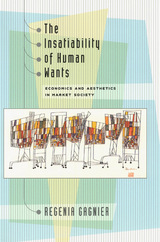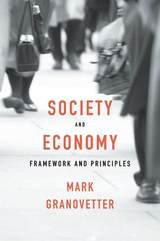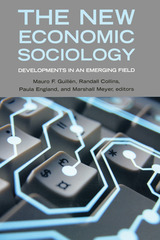The Logic of Social Research
University of Chicago Press, 2005
Cloth: 978-0-226-77491-6 | eISBN: 978-0-226-78858-6 | Paper: 978-0-226-77492-3
Library of Congress Classification HM511.S75 2005
Dewey Decimal Classification 301.072
Cloth: 978-0-226-77491-6 | eISBN: 978-0-226-78858-6 | Paper: 978-0-226-77492-3
Library of Congress Classification HM511.S75 2005
Dewey Decimal Classification 301.072
ABOUT THIS BOOK | AUTHOR BIOGRAPHY | REVIEWS | TOC | REQUEST ACCESSIBLE FILE
ABOUT THIS BOOK
Arthur L. Stinchcombe has earned a reputation as a leading practitioner of methodology in sociology and related disciplines. Throughout his distinguished career he has championed the idea that to be an effective sociologist, one must use many methods. This incisive work introduces students to the logic of those methods.
The Logic of Social Research orients students to a set of logical problems that all methods must address to study social causation. Almost all sociological theory asserts that some social conditions produce other social conditions, but the theoretical links between causes and effects are not easily supported by observation. Observations cannot directly show causation, but they can reject or support causal theories with different degrees of credibility. As a result, sociologists have created four main types of methods that Stinchcombe terms quantitative, historical, ethnographic, and experimental to support their theories. Each method has value, and each has its uses for different research purposes.
Accessible and astute, The Logic of Social Research offers an image of what sociology is, what it's all about, and what the craft of the sociologist consists of.
The Logic of Social Research orients students to a set of logical problems that all methods must address to study social causation. Almost all sociological theory asserts that some social conditions produce other social conditions, but the theoretical links between causes and effects are not easily supported by observation. Observations cannot directly show causation, but they can reject or support causal theories with different degrees of credibility. As a result, sociologists have created four main types of methods that Stinchcombe terms quantitative, historical, ethnographic, and experimental to support their theories. Each method has value, and each has its uses for different research purposes.
Accessible and astute, The Logic of Social Research offers an image of what sociology is, what it's all about, and what the craft of the sociologist consists of.
See other books on: Logic | Methodology | Research | Social Research | Stinchcombe, Arthur L.
See other titles from University of Chicago Press
